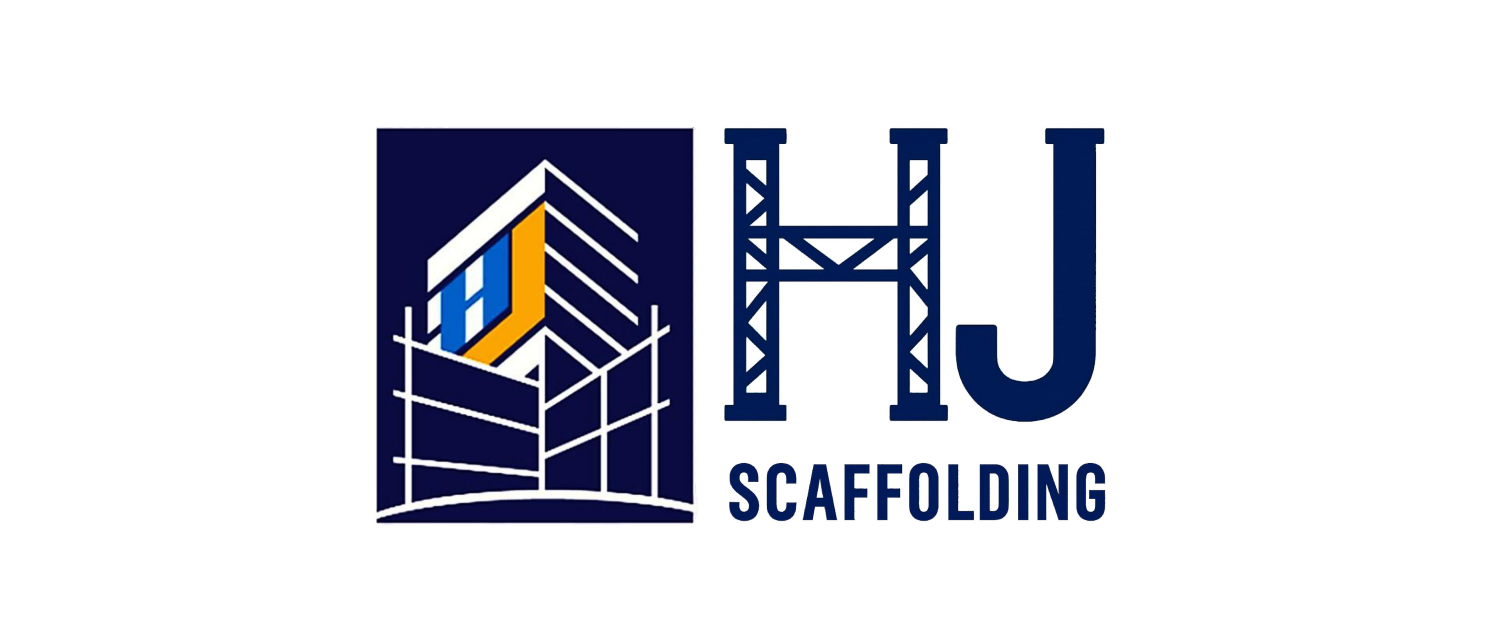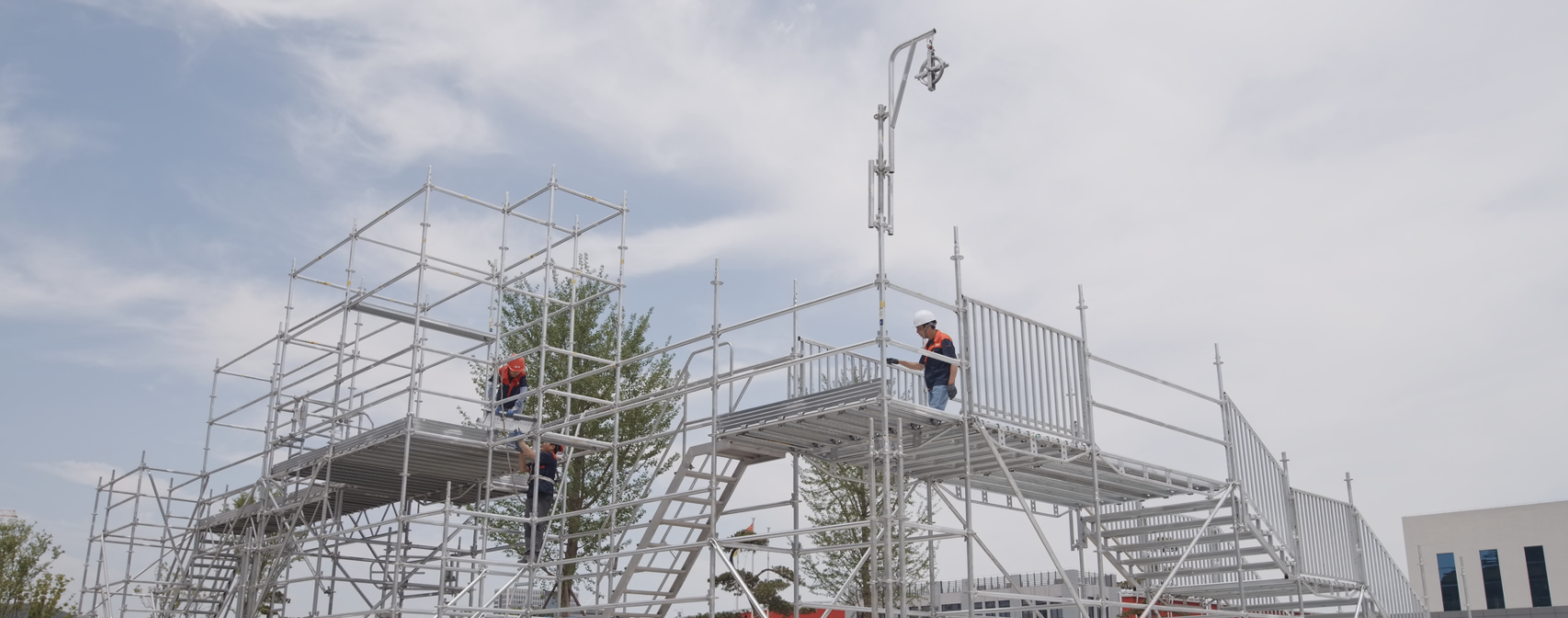
How Vision 2030 Is Disrupting Saudi Construction — What Builders Must Do Now
How Vision 2030 Is Disrupting Saudi Construction — What Builders Must Do Now
Saudi Arabia's Vision 2030 is not just a plan — it's reshaping how construction projects are designed, managed, and delivered across the Kingdom. With over $1 trillion planned investment in infrastructure and real estate by 2030, the building industry faces new challenges and opportunities that every contractor and supplier must understand.
Below are six key shifts driven by Vision 2030 and what they mean for builders on the ground.
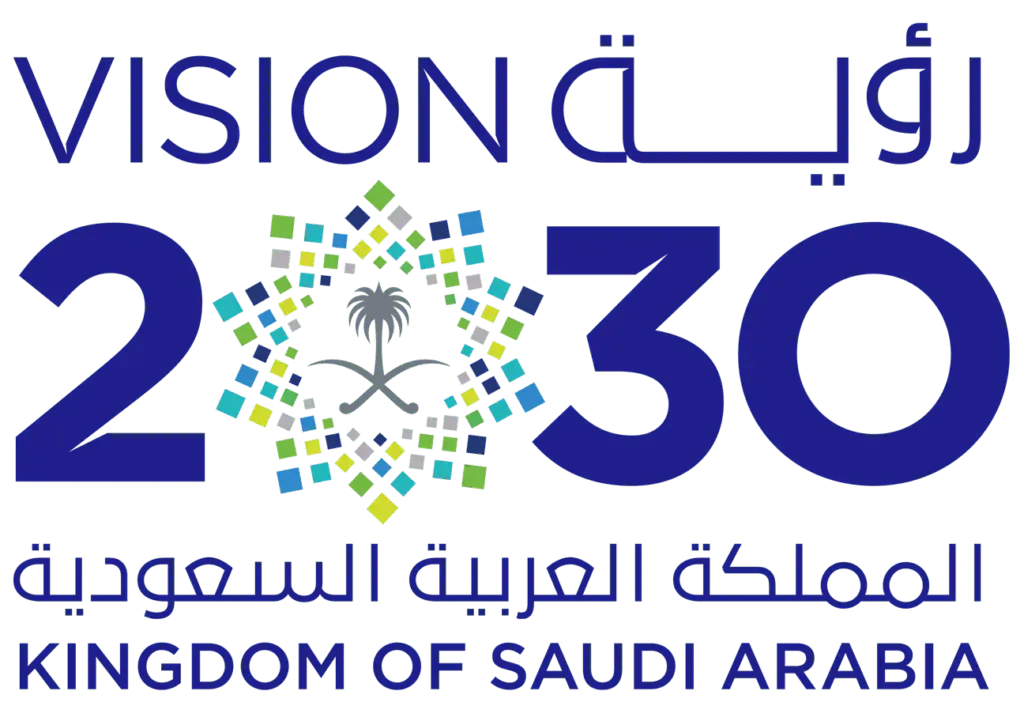
Massive Infrastructure Spending — But Tighter Quality Controls
Vision 2030 drives massive projects like NEOM, The Line, Qiddiya, and the Red Sea Development. These megaprojects require high-volume, fast-paced construction, but with increased regulatory scrutiny:
Stricter product standards and certifications are mandatory. Materials and scaffolding must meet Saudi standards (SASO, Saber) and international norms (ISO, EN).
Delays caused by substandard materials or paperwork are costly. Customs inspections have intensified; non-compliant shipments risk being held or rejected.
Builders need reliable suppliers with verified certifications and fast delivery to avoid project hold-ups.
Practical tip: Always check Saber registration and certification documents before ordering. Confirm your supplier understands Saudi regulations.

PPP Projects Demand Transparency and Lifecycle Management
Public-private partnerships (PPP) are becoming the main project delivery model for infrastructure and housing.
This shifts focus from lowest price to:
Long-term quality and safety compliance throughout the project life
Detailed documentation and reporting requirements for every supply chain link
Increased competition among contractors who can prove reliability and standards adherence
For builders: Suppliers offering traceable, certified products and clear compliance reports gain advantage during tendering.
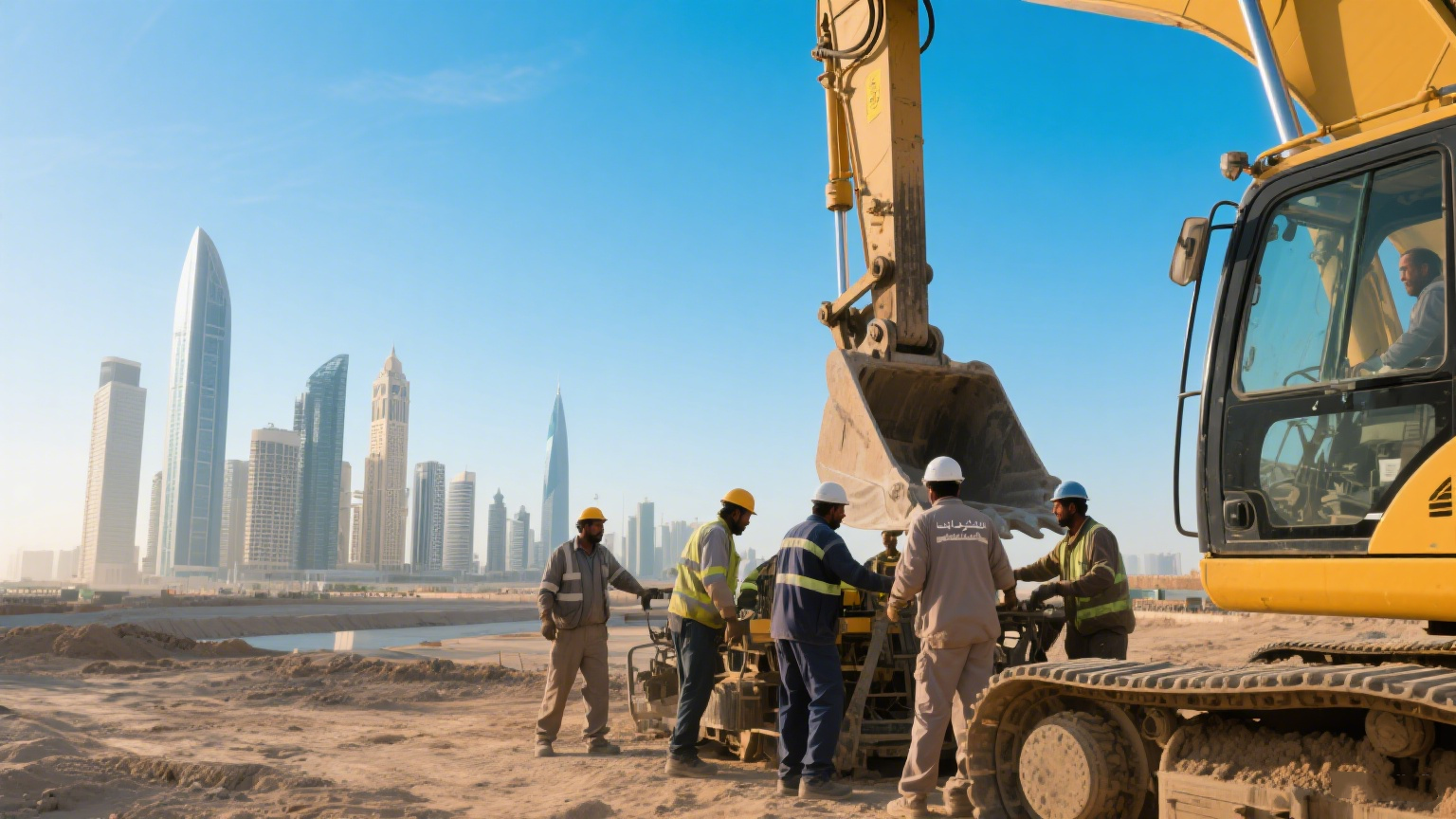
Saber Certification: A Non-Negotiable Requirement
Saber is Saudi Arabia's mandatory product conformity and certification system. All construction materials — including scaffolding, MEP components, and building supplies — must be registered and certified before import.
Saber enforces strict lab testing, factory audits, and documentation
Failure to comply can cause shipping delays, fines, or confiscations at customs
Product labeling and packaging must meet specific Saber guidelines (Arabic/English info, registration codes)
Action point: Engage suppliers who have a proven Saber compliance track record to reduce import risks.

Saudization Pressures Impact Workforce and Materials
Saudi labor policies now require contractors to increase local workforce participation:
Skilled expat labor is restricted, requiring more Saudi hires
Materials and tools that are easy to use and require less specialized training are preferred on-site
Suppliers with local partnerships and Arabic-language support ease compliance and approval
Advice: Invest in scaffolding systems designed for quick assembly and minimal training to align with Saudization goals.
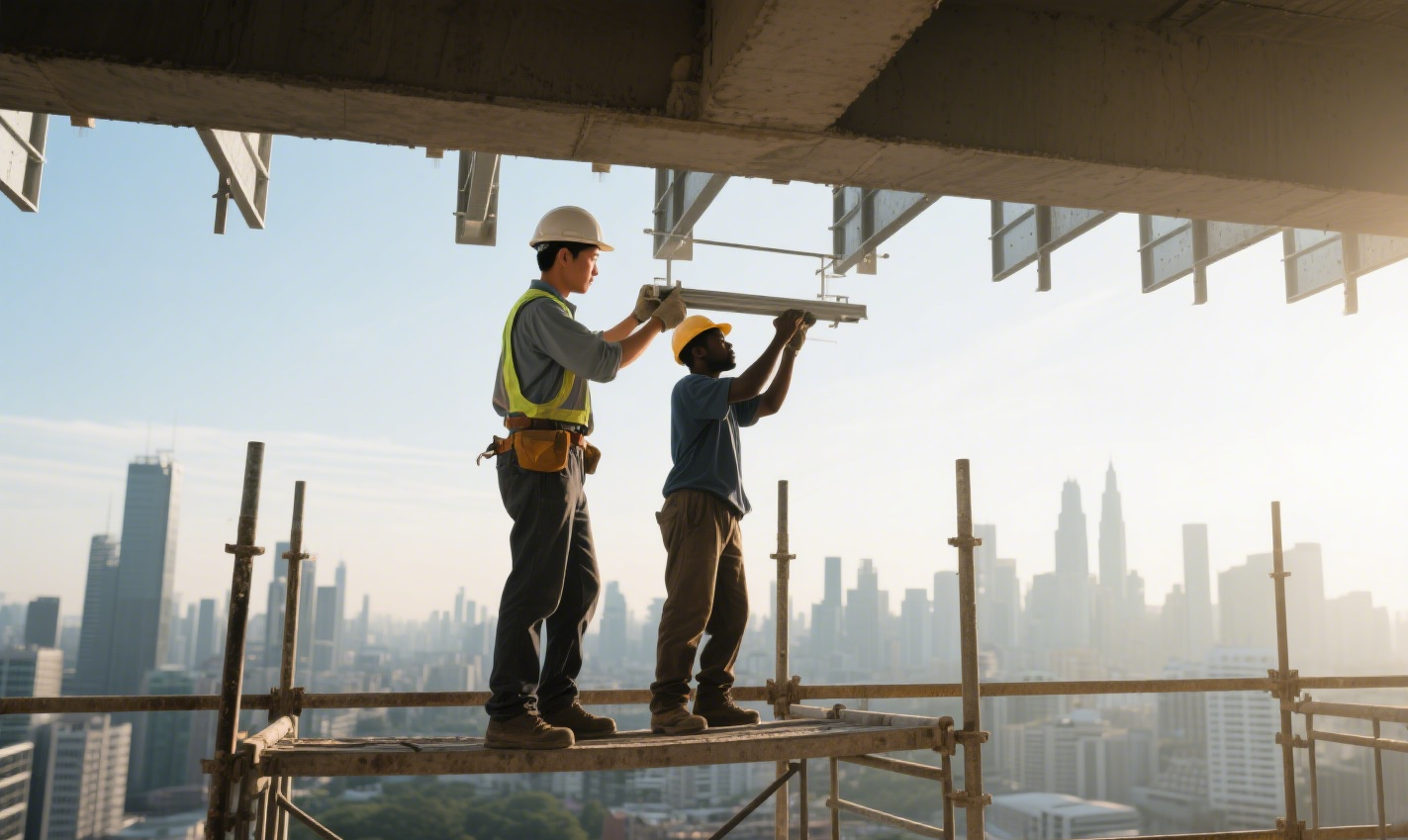
Green Building Regulations Are Tightening
Sustainability is a cornerstone of Vision 2030. New regulations require buildings to meet energy efficiency and environmental performance targets:
Preference for durable, recyclable materials and low environmental impact production
Use of certifications like Mostadam or LEED are increasingly required on government projects
Reduced waste and longer lifecycle products save money and meet regulatory demands
Tip: Choose scaffolding and building materials with hot-dip galvanizing or similar treatments that extend lifespan and facilitate reuse.

Digital Construction Technology Is Becoming Mandatory
Saudi projects increasingly require:
Use of Building Information Modeling (BIM) for design, coordination, and management
Digital submission of materials specifications and compliance documentation
Automation and offsite prefabrication to speed construction
Builders should: Work with suppliers who provide digital CAD files, BIM-compatible models, and online support — helping reduce errors and speed approvals.
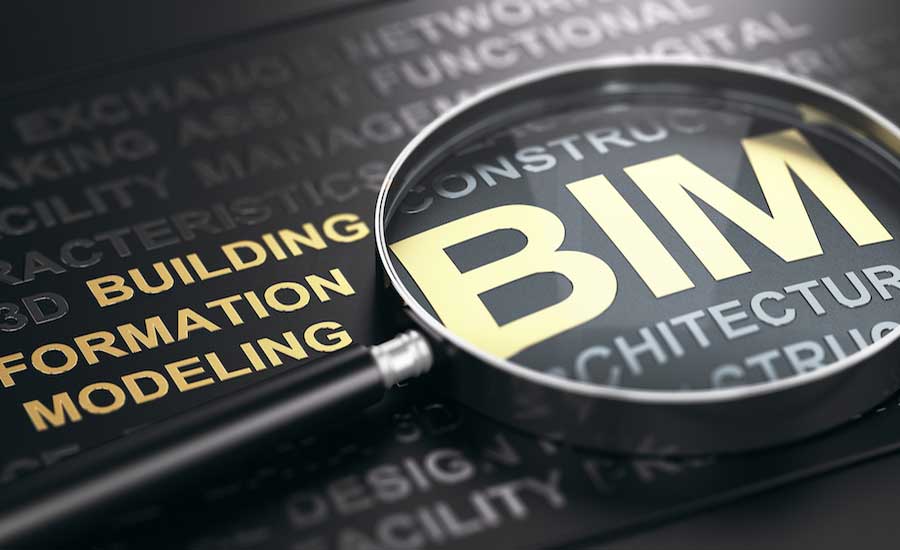
Final Thoughts
Vision 2030 brings unprecedented growth but also new rules. For contractors, success depends on being proactive:
Know Saudi regulations like Saber inside out
Partner with suppliers who guarantee certified, compliant materials
Invest in modular, digital-friendly systems to boost efficiency and meet labor rules
Stay ahead by aligning procurement and construction practices with Vision 2030 goals
Adapting now will position you to win the growing opportunities across Saudi Arabia's booming construction sector.
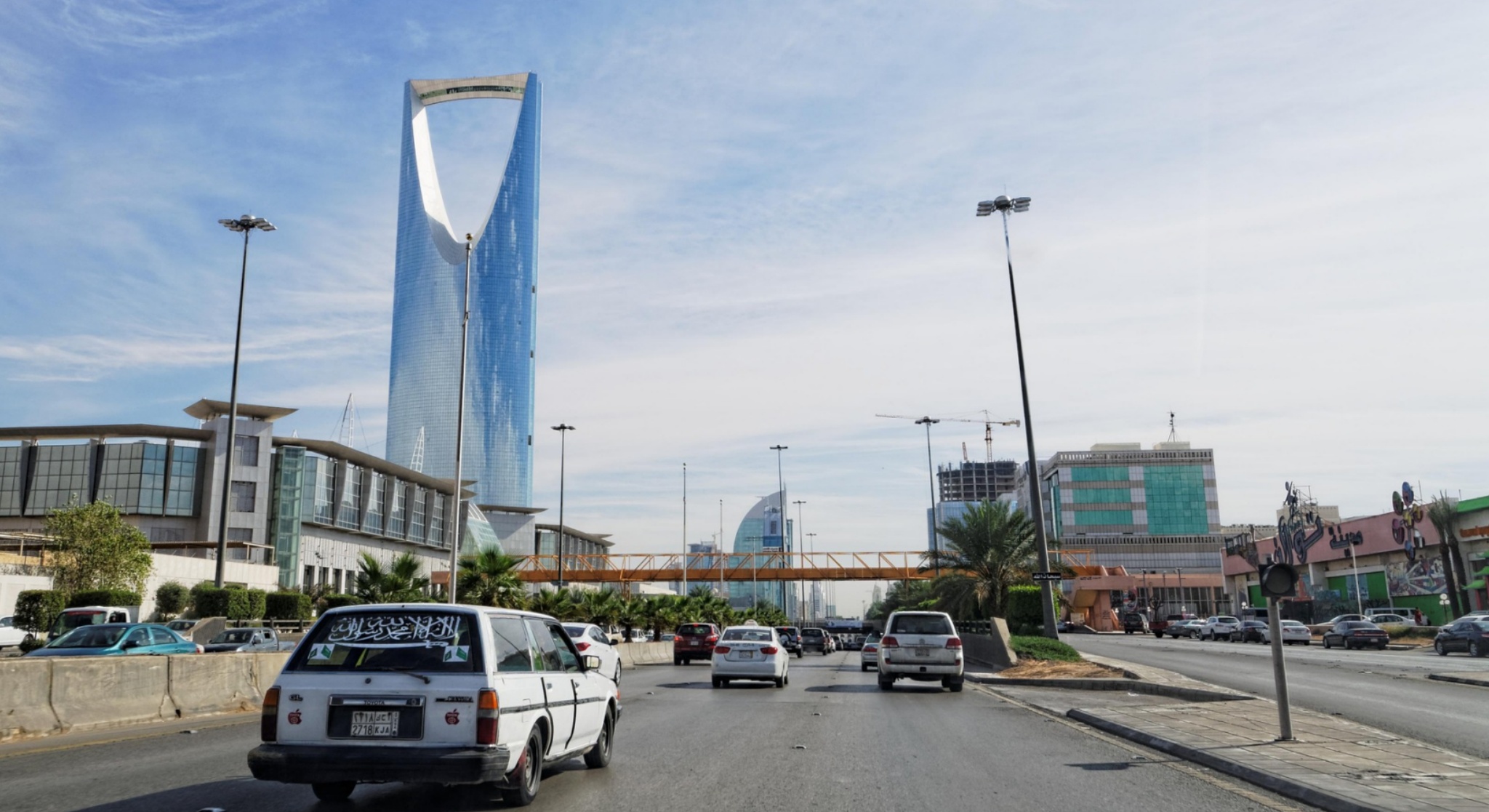
About HJ Scaffolding
With over 20 years of experience specializing in Ringlock scaffolding systems, HJ Scaffolding is a reliable manufacturer and supplier of high-quality scaffolding components. Our factory uses advanced laser cutting and robotic welding technologies to ensure consistent strength and durability.
We maintain strong production capacity and fast delivery capabilities to meet the demands of construction projects of all sizes.
Whether for large infrastructure developments or mid-sized building sites, HJ Scaffolding supplies trusted scaffolding products to support your project's progress.
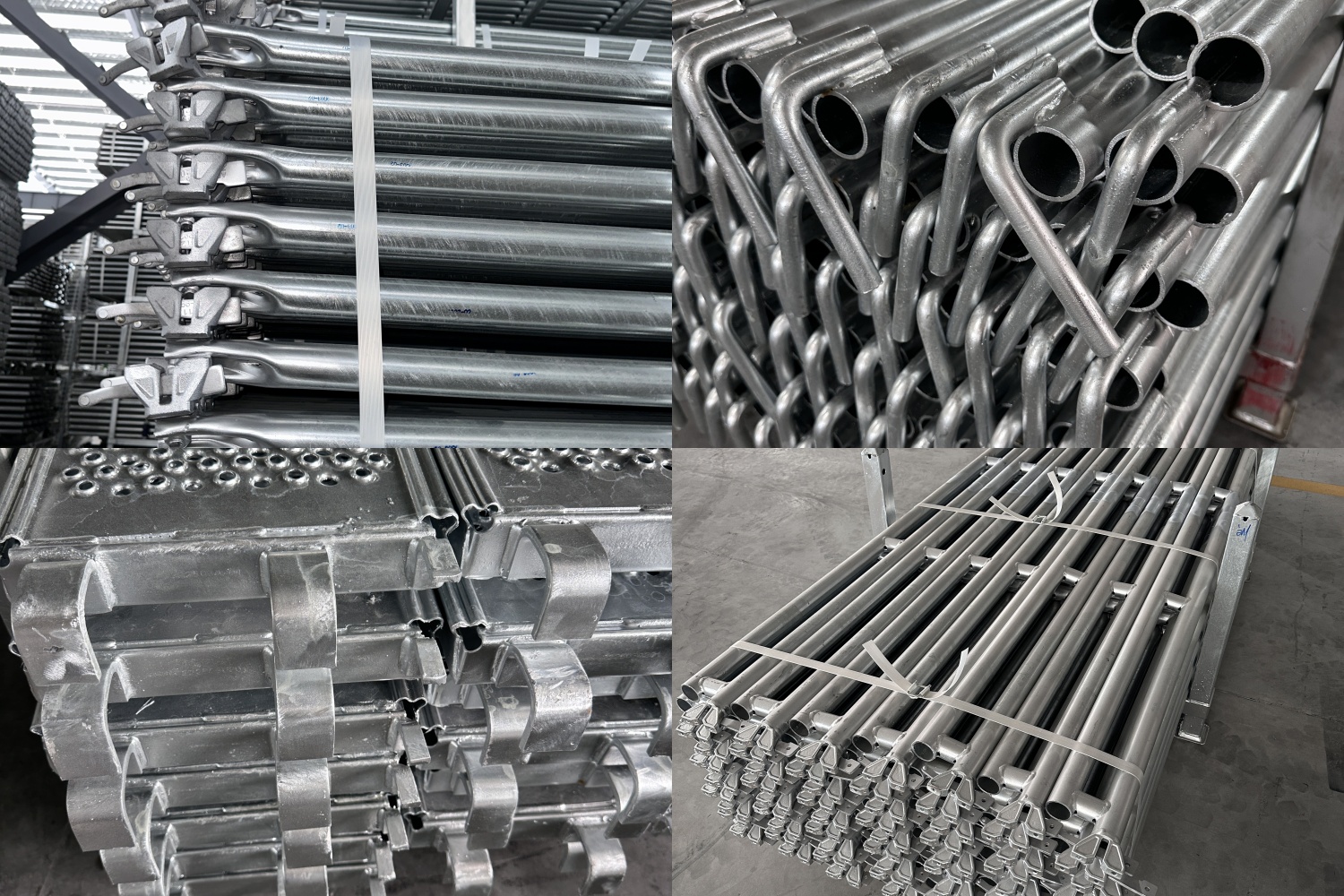
Get in Touch
To learn more about our products and how we can support your supply needs under Vision 2030,
visit:www.hj-scaffolding.com
Or contact us directly:
Email:lynn.li@hj-scaffolding WhatsApp: +86 15058750031
